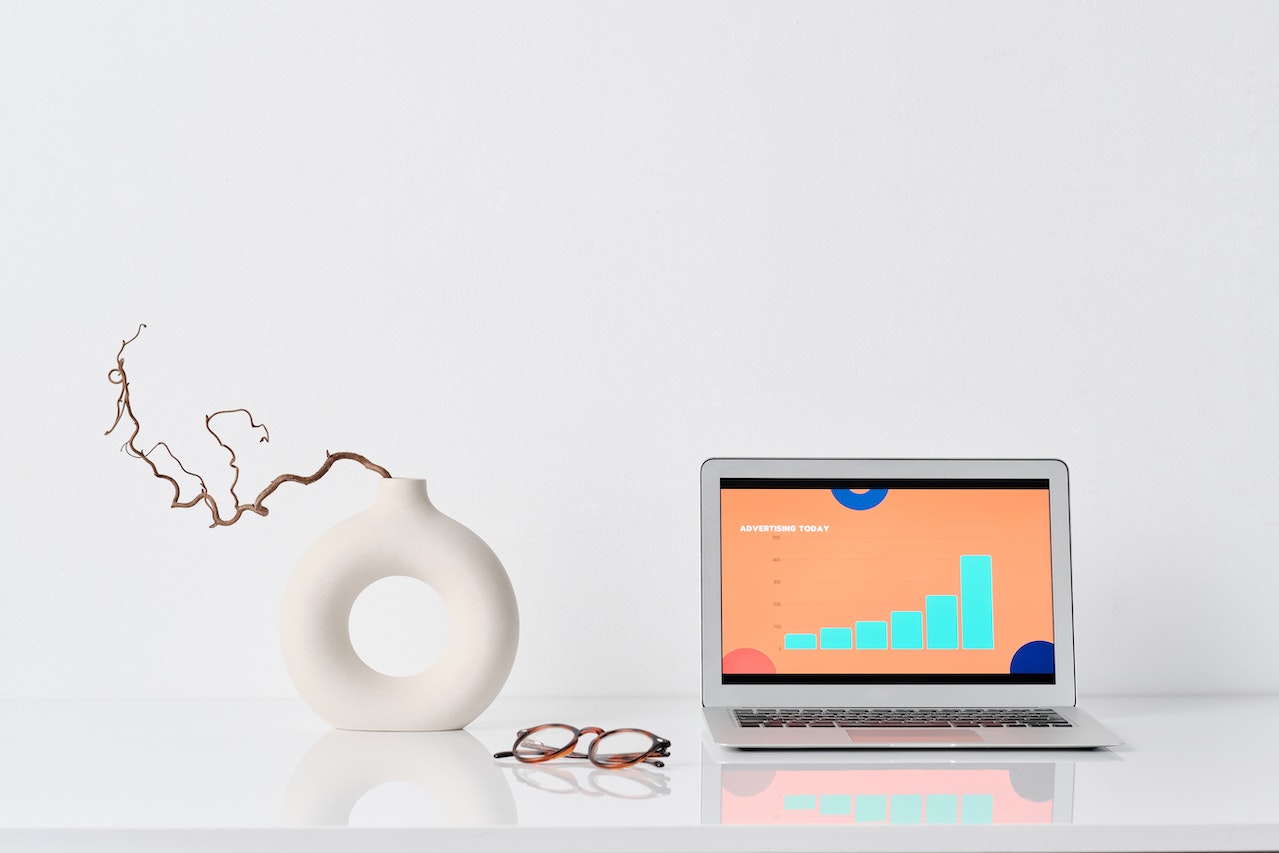(Cairo, Egypt, 24th of October 2012)
Social media penetration in Egypt is a staggering 68.21% from total online population (Facebook focused). People spend more time browsing their friend’s profiles than actually engaging in conversation or meeting with them face to face. As more and more time is spent in browsing the countless statuses updates shares and likes life becomes flat and with it flattens humanitarian feelings. Reflecting on personal experiences, news on Syria’s massacres and the sad loss of 100’s have become equal to news of new born and birthdays as the reaction on facebook for both negative and positive activities is “Like” and “Share”.
Let’s study what is “like” and “Share”, for a moment. In a not so distant time “like” used to express our agreement on an action. It used to stand for our support and consent to people’s certain doings which matched our emotional state at that time and hence our approval. “Share” has always been going that extra mile of liking it’s the affirmation and unity in both action and emotion on that particular activity to the extent that a person wants to show their audience their full support (or ultra-dislike in some cases like rival political parties supporters sharing each other’s current news, however rare).
Due to current events and world turmoil in certain areas, I have personally observed time line browsers shifting between the various types of news from everywhere and I have watched their emotions notably their facial expressions, the occasional nod of agreement or disagreement and smirks on a meme comment here and there. Over time those reactions have flattened and a view of a kid’s dismembered figure in a civil war has been equaled in emotions with a birthday photo of another friend’s birthday party just above the previous post.
My fear is that the very recent anomalistic evolution in social engagement such as Facebook and its alikes are causing more harm to human psyche. Would the new Social media aid in flushing what used to be genuine human expressions towards anger hatred, laughter and joy; removing all the hard bold lines between them in a flash turning all of them into a bland of flash cards that have no meaning to the reader’s mind.
For self-experimentation (can be applied on others as well) have an internet connected laptop ready and ask one of your friends to log online to their Facebook page let them go through their timeline and watch their reactions. Guaranteed results will vary from user to user according to the time they spend online and how much they get involved and interact with their friends online. However, for the majority who are spending much of their time online, a stiff lip will be the expected sentiment expressed.
We need to evaluate the role social media plays in shaping the human psyche. What and how news gets shared and how all are the key players in building the blocks that constitutes people’s characters. In the past news were fairly more predictable in terms of when and how were shared. If wanted to know hat happens in the world we watched the news, birthdays and new born babies were introduced by people first hand and we all shared emotions through the transfer of information from one person to the other. Now a side bar tells us who’s birthday is it today and even gives us the opportunity to bulk wish all of today’s born a happy anniversary. Instead of valuing the smile and firm handshake a new quantitative form of appreciation has risen (how many of my 700 friends list wished me a happy birthday vs who really cared and wanted to be there by my side). Although not so dark a picture, the fact that time is becoming more and more tight and that distance plays a crucial role in our interaction with our friends, the true argument here is how to reap the benefits of such powerful upscale neo-power giant like Social Media without all these negative effects it can have on us.
About Memac Ogilvy
Memac Ogilvy started its operation in Bahrain in 1984. The company is a joint venture between Middle East Marketing and Advertising Company (MEMAC) and Ogilvy Worldwide. Memac Ogilvy offers advertising, public relations, direct marketing, planning and creative services to its large portfolio of clients through 13 offices across the Middle East and North Africa region. This wide geographical coverage along with its group of over 500 professionals gives the company a unique insight into different segments of the Arab markets.
For more information, please contact:
Tarek Lasheen
Memac Ogilvy – Egypt
Tel: + 202 3848 0202
E-Mail: tarek.lasheen@ogilvy.com
Source: Zawya.com

